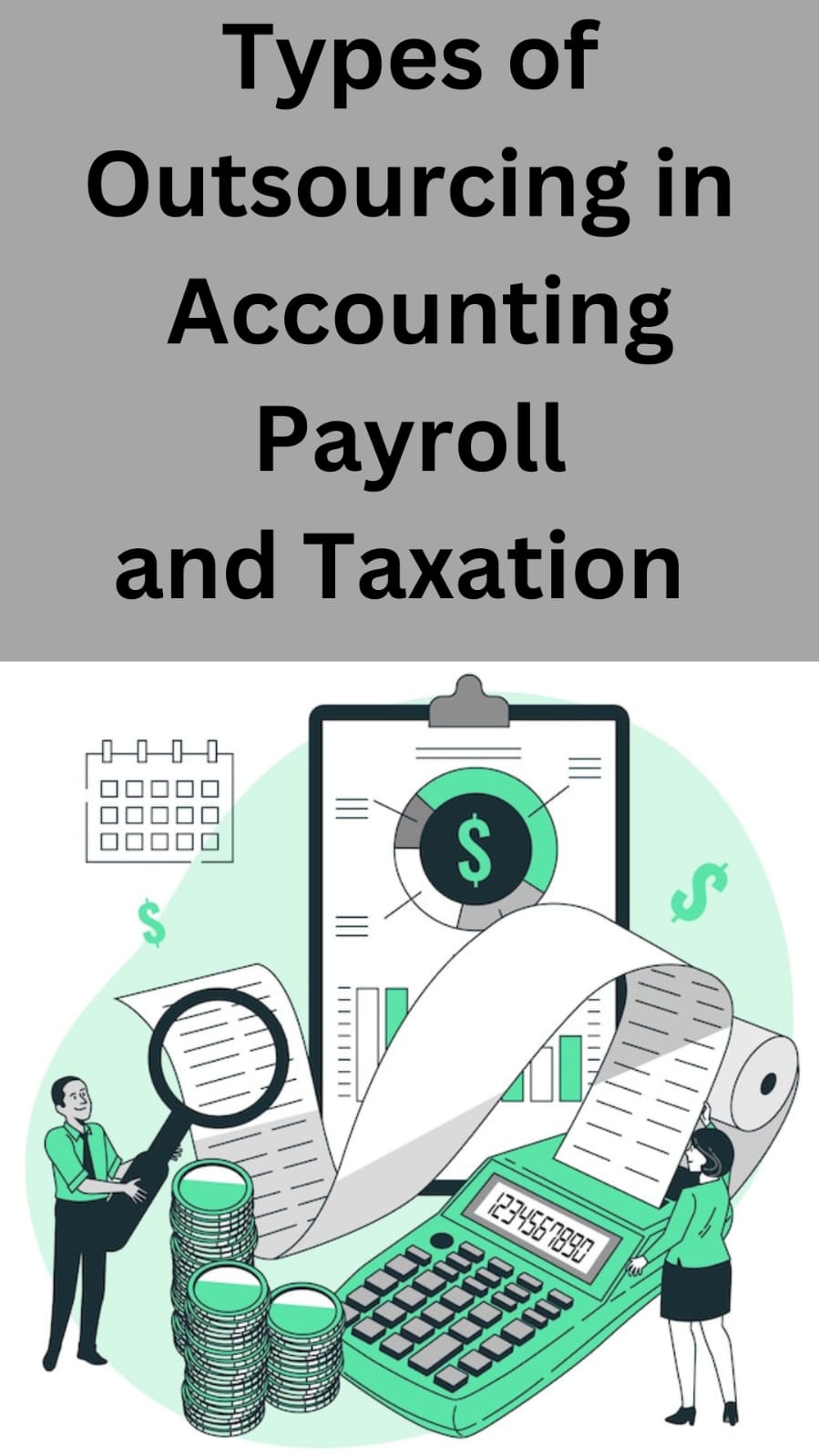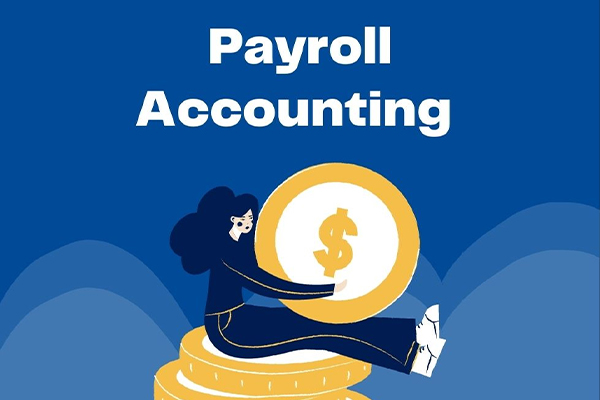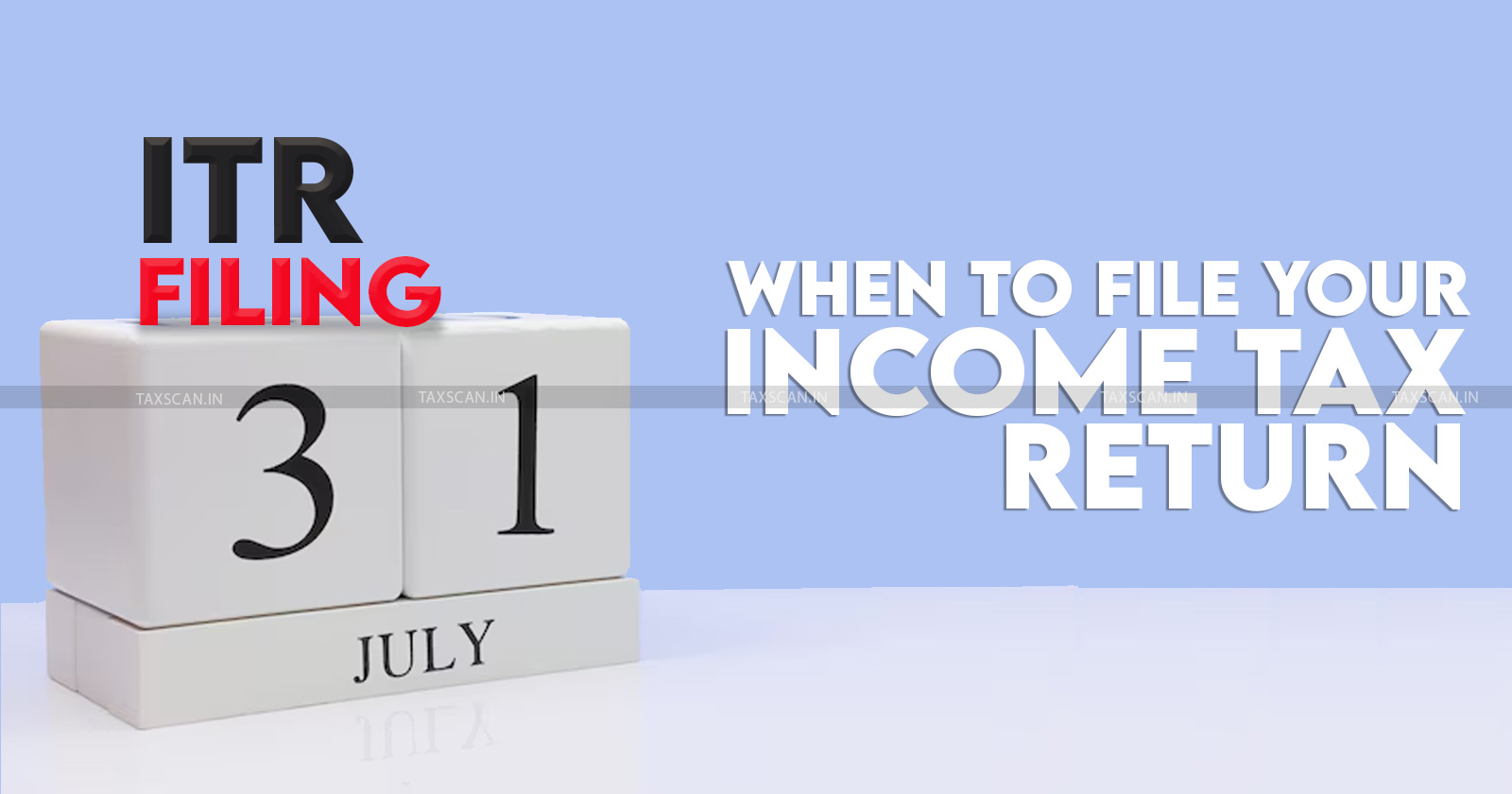Before diving into tax planning, it’s crucial to understand the basics of the Corporate Tax Law introduced in the UAE, which applies to companies across all emirates, including Dubai. As of June 2023, the UAE implemented a federal Corporate Tax at a rate of 9% on business profits exceeding AED 375,000. This law applies to all businesses except for those operating in natural resource extraction, which remain subject to emirate-level taxation.
Before diving into tax planning, it’s crucial to understand the basics of the Corporate Tax Law introduced in the UAE, which applies to companies across all emirates, including Dubai. As of June 2023, the UAE implemented a federal Corporate Tax at a rate of 9% on business profits exceeding AED 375,000. This law applies to all businesses except for those operating in natural resource extraction, which remain subject to emirate-level taxation.
Step 1: Assess Your Business Structure
The first step in planning your corporate tax is to evaluate your business structure. Different entities may be subject to different tax treatments:
Free Zone Companies: Businesses operating in Dubai's Free Zones enjoy significant tax benefits, including a 0% corporate tax rate, provided they adhere to the requirements, such as not conducting business with the mainland UAE. However, if a Free Zone company engages in mainland activities, it may become subject to the 9% tax.
Mainland Companies: These companies are directly subject to the corporate tax. However, various deductions, allowances, and exemptions are available to minimize tax liabilities.
Branches and Subsidiaries: If your business is a branch or subsidiary of a foreign company, you need to determine whether the income is taxed locally or in the parent company’s jurisdiction. Understanding Double Taxation Agreements (DTAs) is crucial here
Step 2: Optimize Deductions and Allowances
Businesses can reduce taxable income by leveraging deductions. Key deductions include operational expenses like rent and salaries, depreciation of assets, R&D expenses, and interest on loans. Understanding these can significantly lower tax liabilities.
Step 3: Leverage Tax Credits and Exemptions
Dubai offers opportunities to reduce taxes through foreign tax credits, which prevent double taxation, and transfer pricing regulations, ensuring compliance and profit optimization. Small businesses may also qualify for specific tax relief if they meet certain criteria.
Step 4: Plan for Tax Filing and Compliance
Tax compliance is critical to avoid penalties and legal issues. Here’s how to stay compliant:
Tax Registration: Ensure your business is registered for Corporate Tax with the Federal Tax Authority (FTA). This is mandatory for all businesses subject to the tax.
Accurate Record-Keeping: Maintain accurate and comprehensive financial records, as these will be essential for filing your tax return. Records should be kept for at least five years.
Timely Filing and Payment: Corporate tax returns must be filed annually, and any tax due must be paid within the stipulated deadline to avoid penalties.
Use of Tax Advisors: Consider hiring a tax advisor or consultant who is familiar with the UAE’s tax laws to help you navigate the complexities of tax planning and ensure full compliance.
Step 5: Stay Updated on Tax Laws
Tax laws in Dubai and the broader UAE can evolve, so it’s essential to stay informed about any changes that might affect your business. Regularly review updates from the Federal Tax Authority and consult with your tax advisor to ensure your tax strategy remains aligned with the latest regulations.
Conclusion
Effective corporate tax planning in Dubai involves a comprehensive understanding of the local tax laws, careful assessment of your business structure, and strategic use of deductions, allowances, and exemptions. By staying compliant and optimizing your tax liabilities, you can maximize the financial benefits of operating in one of the world’s most dynamic business environments.














































